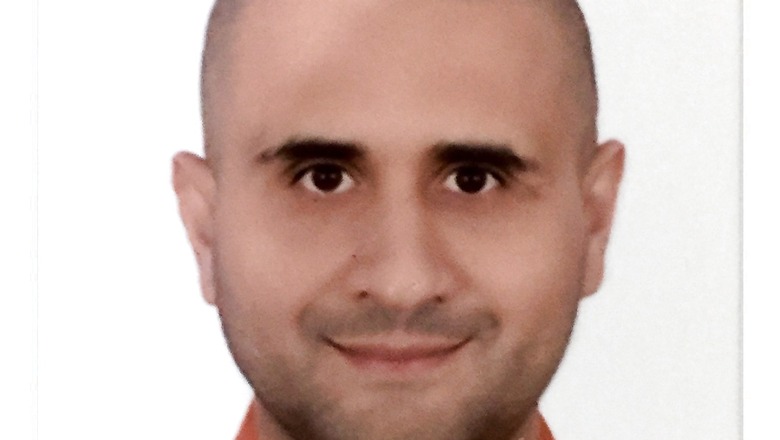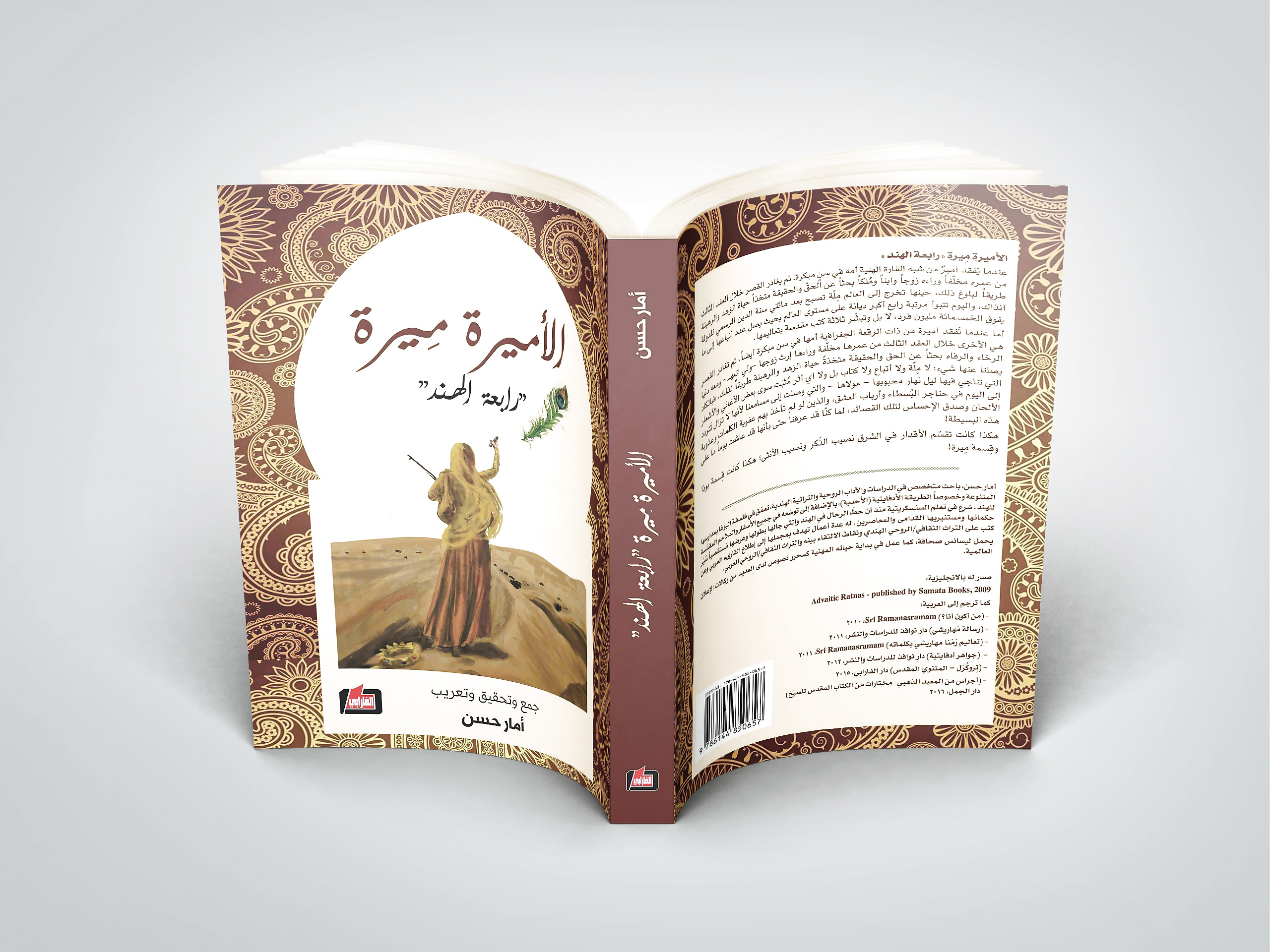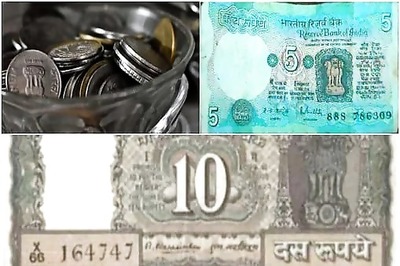
views
On the day the Indian Council of Cultural Relations announced its first Buddhist Studies Award there was Amar Hasan sitting in one corner wearing a Nehru jacket, kurta, and a dhoti with saffron tika smudged on his forehead. He could have been passed off as an Indian if not introduced, ‘a Syrian, who translated Dara Shikoh’s work in Arabic.’ For him, Syria is the name of Surya and calls his home country so. His translated work has been brought out by a renowned Lebanese publisher Al-Intishar- Al Arabi.
Hasan said, under the influence of RSS leader Krishna Gopal and ICCR President Vinay Sahasrabuddhe he learnt about the Persian treatise Majma-ul-Bahrain authored by Shah Jahan’s eldest son and heir-apparent Dara Shikoh. It is translated as “The Confluence of the Two Seas” or “The Mingling of the Two Oceans” and one of the first and finest works on comparative religion written in 1655.
A graduate in Mass communication from Damascus University he arrived in India when he was 32 years old (2008). His purpose was to follow Indian spirituality and met his guru Radha Ma in Tamil Nadu. “She has also been to Syria, where she paid respects to Sufi saints. I was curious about life and seeking answers to questions in mind. I travelled to Tamil Nadu and met her.” He ended up staying for over a decade.

He started meeting followers of Indian spiritual thought, stayed back longer than planned and started translating the work of Dara Shikoh, Guru Granth Sahib and also a comparative on Rabia, a Sufi woman and Meerabai. Dr Mohammed Hanif Khan Shastri, who is a Padma Shri awardee, has penned the foreword for his book about Meerabai, “Al-Ameera Meera (Rabia of India)”.
In 2015 he translated Tirukkuṟaḷ ‘sacred verses’ from Tamil Nadu classics known for its universality and secular nature. “It was published for the Arab world. It is considered the first ‘poetic’ translation in Arabic of this epic work of the great Tamil philosopher-saint, Thiruvalluvar,” he said.
Talking about Dara’s work, he said, “Dara was an unorthodox Muslim, I relate to his spiritualism and the way he transcends religions to preach harmony and mysticism. His work finds similarities and affinities between Sufi philosophy in Islam and Vedanta philosophy in Hinduism and finds peace in both of the religions. This is the first Arabic translation of his epic work,” said Hasan.
Dara’s work in Hindi is called Samudra Sangam Grantha, and in Urdu Nūr-i-Ain. His Arabic title retains the original name of the book, and adds a descriptive line: “a comparative study between Hinduism and Islam.”
“It took me two years to translate the work after Krishna Gopal introduced his work to me, which immediately filled the void in me,” he said.
He writes in Arabic and has translated from Persian, with help from experts in Aligarh Muslim University. “There are 22 Arabic speaking countries, and I have translated Majma Ul-Bahrain for them. We are living in very challenging times, and we need his work more than ever,” he said.
The foreword of his book has been written by Azarmi Dukht Safavi, founding director of the Institute of Persian Research and the head of the Persian Language Research Center at Aligarh Muslim University. “She has also written on the importance of taking forward the legacy of Dara Shikoh.”
His work was launched in July 2021 in Lebanon and he is now in talks with ICCR for an India launch. He will be taking his work at book fairs in Sharjah and Riyadh. “Arab people don’t know much about Dara Shikoh’s philosophy, but now they will,” he said.
He has not gone back home in the past many years but he said his parents – father an engineer and mother a housewife – are happy to know that he is happy in India and pursuing spiritualism. “My country is doing better … The government is taking its land back. My parents are happy to know I am happy,” he said.
Read all the Latest News , Breaking News and Ukraine-Russia War Live Updates here.


















Comments
0 comment